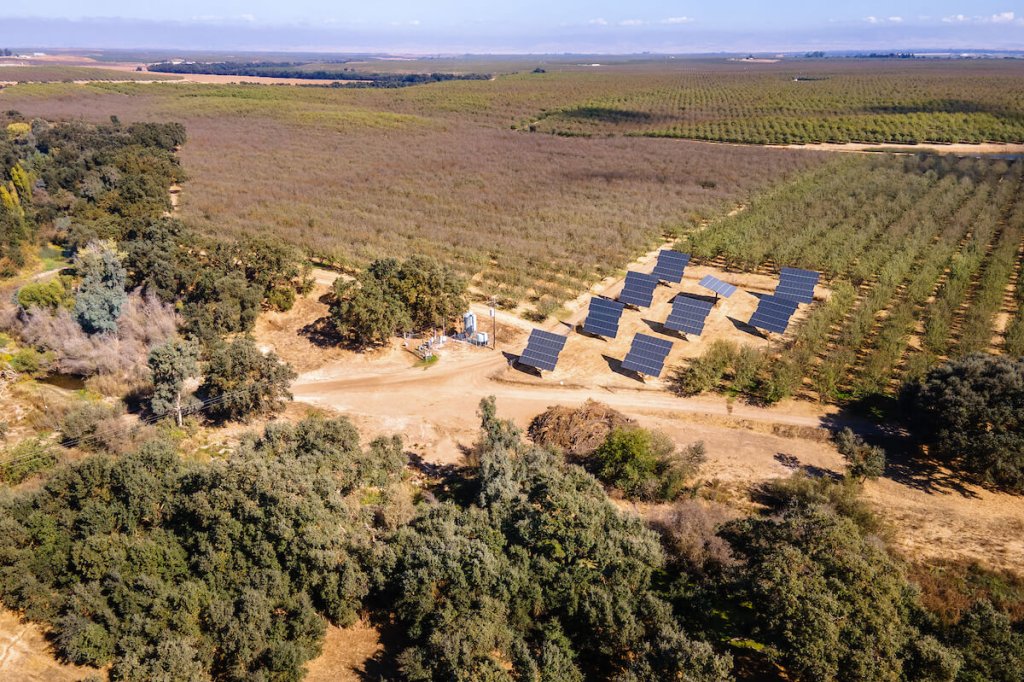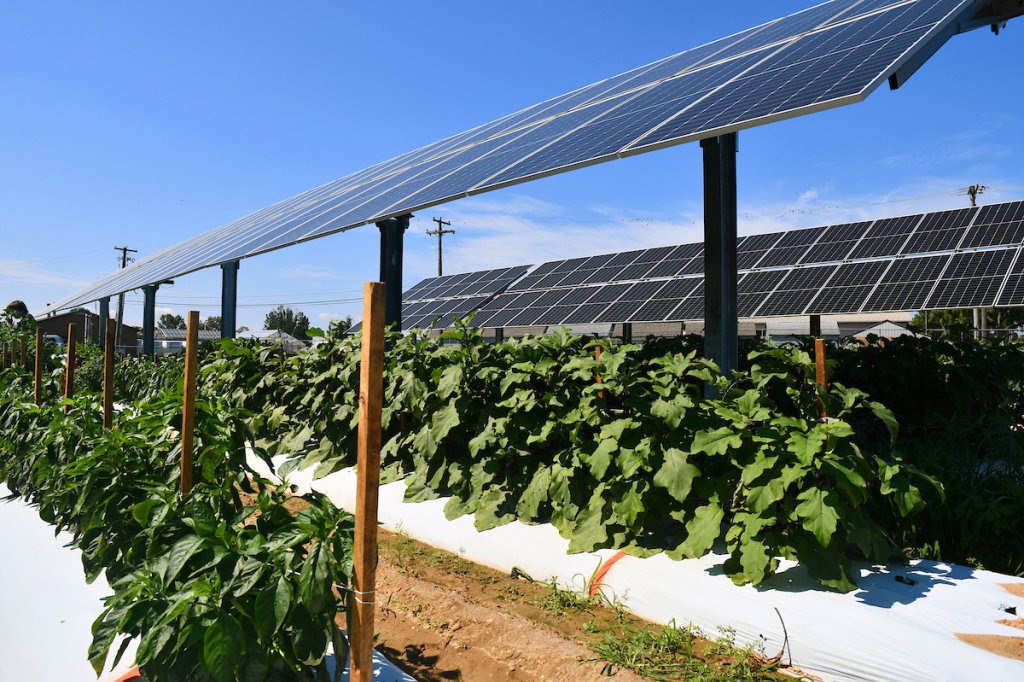New England Smart Solar℠ Project Partner Bios
Emily J Cole, PhD – AFT – Climate and Agriculture Program Manager
Emily is a soil scientist leading AFT’s Climate and Agriculture Program in New England. She works both to improve and advocate for the integration of climate-smart management practices into New England’s productive farming communities through education, outreach, and policy. Before joining AFT, Emily was an assistant professor of environmental science at Westfield State University. She earned her Doctorate in plant and soil sciences from the University of Massachusetts Amherst, where her research focused on improving soil health and carbon sequestration through the application of biochar and implementation of climate-smart management practices. She also holds a Master of Science Education from Boston University and a Bachelor of Arts degree in chemistry from Kenyon College in Ohio.
Phelps Turner – CLF – Senior Attorney, Maine
Phelps Turner is a senior attorney at Conservation Law Foundation, based in the Maine office. Phelps works in the Healthy Communities & Environmental Justice and Clean Energy & Climate Change programs. He advocates at the state and regional level for equitably and responsibly sited solar and wind energy resources necessary to achieve deep decarbonization goals in New England, and for policies and programs that support sustainable farming and natural resource protection. Before joining CLF, Phelps practiced environmental law in Boston. Phelps holds a B.A. and J.D. from McGill University.
Sean Garren – Vote Solar – Senior Director, Northeast
Sean manages Vote Solar’s work in the Northeast and Mid-Atlantic. He has led coalition efforts to expand access to solar in New York and Connecticut and continue critical solar policies, like net metering, in Massachusetts. Prior to joining Vote Solar he was the Legislative Director at Fair Share, an economic justice non-profit, where he set campaign strategy for the organization. Previously, he ran the federal clean energy program as Clean Energy Advocate at Environment America, a national network of state-based, grassroots environmental groups. Sean was born and raised in Massachusetts before graduating from Dartmouth College in New Hampshire.
Deborah Donovan – Acadia Center – Senior Policy Advocate and Massachusetts Director
Deborah Donovan is Massachusetts Director and Senior Policy Advocate at Acadia Center, based in the Boston office. Deborah is engaged in all aspects of Acadia Center’s work on renewables, clean energy, and climate policy, with a focus on the Commonwealth and related regional decarbonization and electricity market issues. Her work is informed by an extensive career in policy analysis, advocacy, and mission-driven communications in Massachusetts and New England. She holds a Masters in Public Policy from the Kennedy School of Government at Harvard and a B.S. in Natural Resource Economics from the University of Massachusetts, Amherst.
Genevieve Byrne – Vermont Law School – Assistant Professor and Staff Attorney
Genevieve Byrne is an assistant professor and staff attorney for the Farm and Energy Initiative in the Institute for Energy and the Environment. Genevieve holds a J.D. from Lewis and Clark College of Law in Portland, OR, where she also received a Certificate in Natural Resources Law. Her experience includes American Farmland Trust, where she worked on agricultural land conservation and legislative research, and the Vermont Office of Legislative Council, where she focused on energy legislation. She has spent the last five years in public interest environmental litigation, representing citizen and nonprofit plaintiffs in suits related to nuclear and solar energy permitting and regulation.
Funding for this project and these workshops has been provided by the John Merck Foundation, The Barr Foundation, and National Agricultural Libraries.
This project is built around five core partners from different sectors – American Farmland Trust, Acadia Center, Conservation Law Foundation, Vote Solar, and Vermont Law School – who bring a wealth of expertise in renewable energy, and farm/forest conservation and food systems, as well as extensive experience with research and advocacy, data and analysis, and policy development and implementation.










